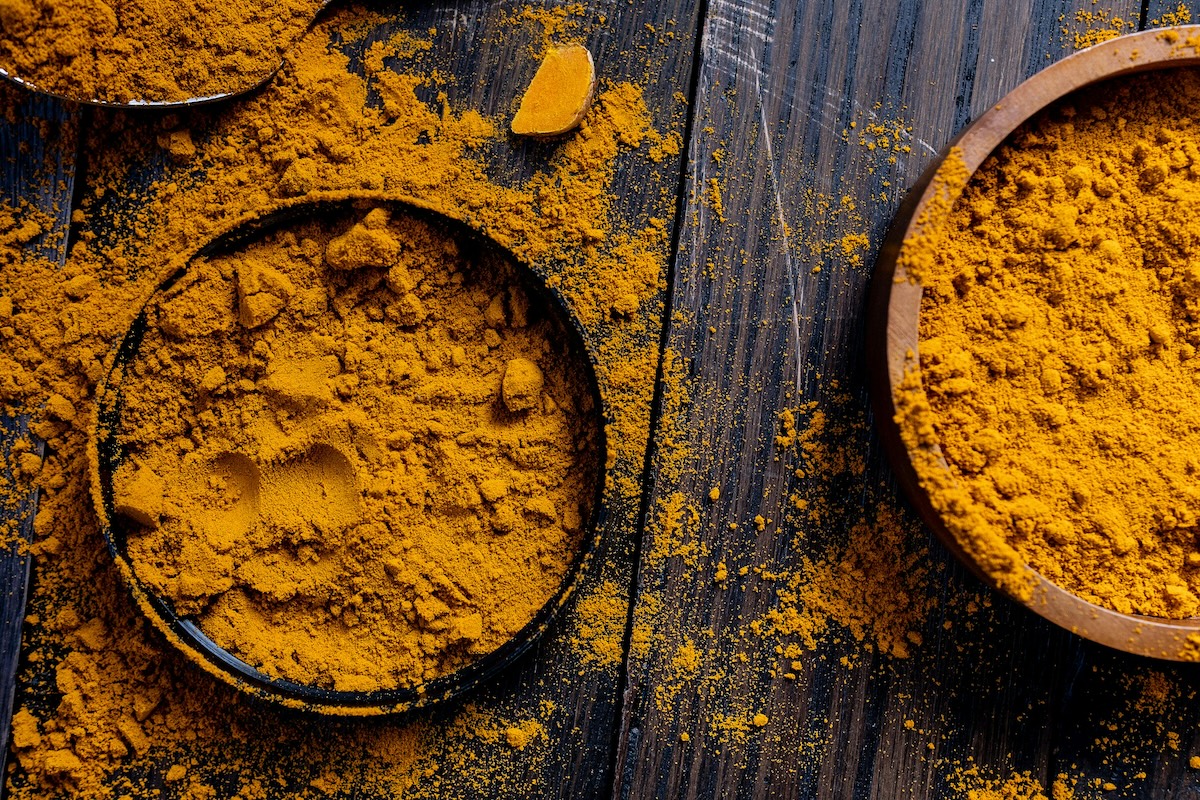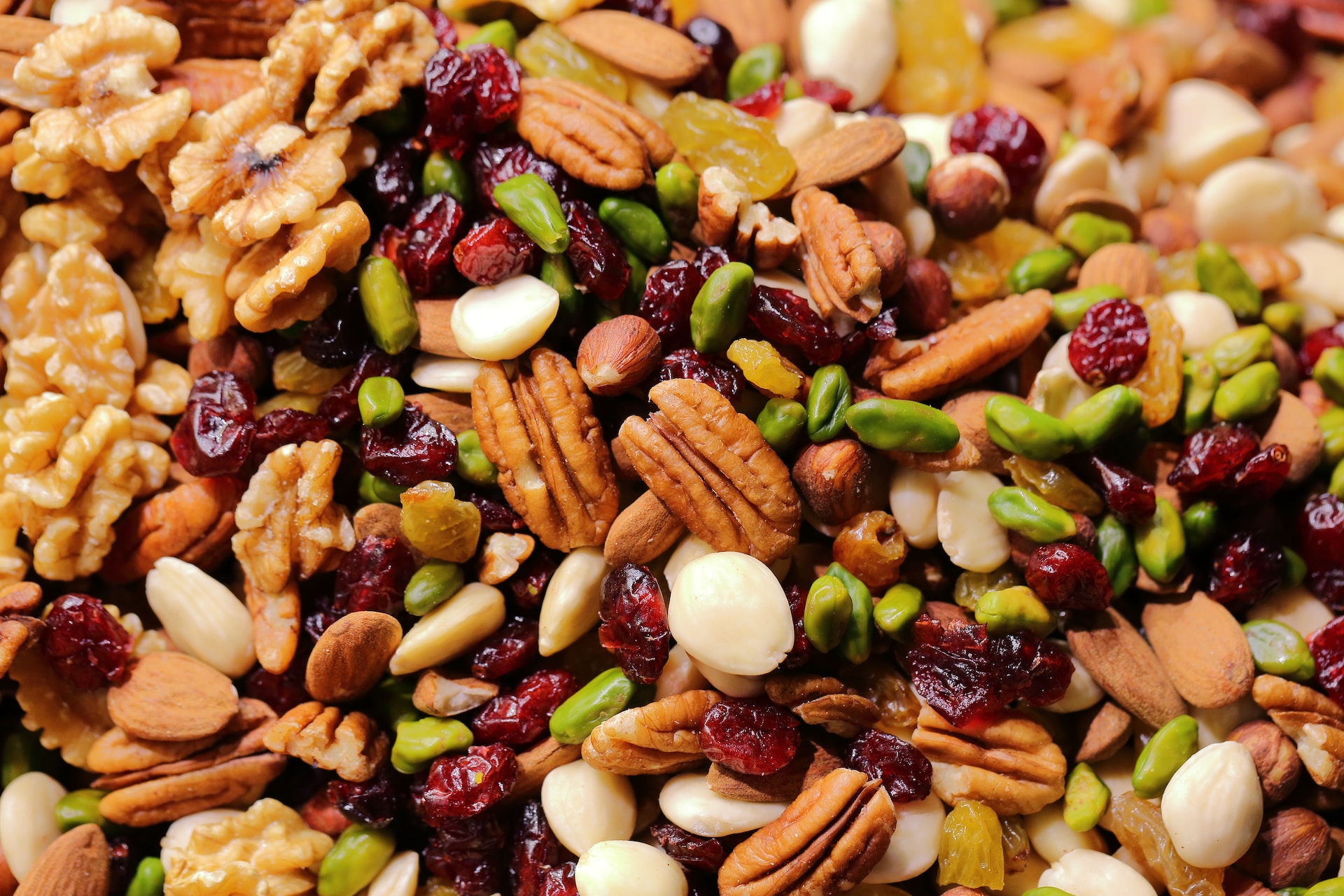
You may have heard metabolism is an important part of a person’s overall health and that certain metabolism-boosting foods can fire it up. The result? These supposedly fat-burning foods can supercharge weight loss.
One dietician cautions that, like so many conversations in the food world, nuance is required.
“Metabolism is a very broad term that refers to all of the bodily processes that work in unison to convert the food we eat into the energy we need to carry out day-to-day functions and sustain life,” said Maddie Pasquariello, MS, RDN. “It’s worth noting that factors that were once considered to be linked to metabolic health, like BMI, waist circumference, and duration of obesity, are now falling out of favor when it comes to diagnosing metabolic disease.”
Also, falling out of favor? Treating any food like a miracle drug or villain. Still, cholesterol, blood pressure, and blood sugar are among the health indicators doctors will check when assessing someone’s risk for developing metabolic diseases like hypertension and Type 2 diabetes. Consuming a nutrient-dense diet is an excellent step a person can feel empowered to take to reduce their risks of these diseases. It’s something that, unlike genetics, a person has more control over. What are some foods that boost metabolism? Pasquariello provided nuanced insights.
What does metabolism do?

Ever wonder how you power through that one last rep of a gnarly shoulder workout or focus on a task at hand? Metabolism, an essential bodily function, is part of the reason. Again, metabolism is broad, though. Pasquariello says metabolism can be split into two different process categories:
- Catabolism: Macromolecules are broken down into their simpler components.
- Anabolism: Complex macromolecules, like nucleic acids and proteins, are synthesized
What does that all have to do with food?
“When we eat, metabolic processes convert that food into usable energy and store nutrients for use later,” Pasquariello says. “Our metabolism allows us to grow and develop, keeps our brains functioning properly, and allows us to move.”
Want to know how to increase metabolism, allowing you to focus on a job you love or chasing after a furry friend in delicious fashion? Read on.
How to boost metabolism through food

No one or a small handful of metabolism-boosting foods will work miracles on your body. Instead, Pasquariello recommends a more holistic approach.
“The individual foods we eat are not consumed in a vacuum but are part of a much bigger picture of our overall lifestyle,” Pasquariello said.
Additionally, Pasquariello said research on metabolism-boosting foods (and ones that can negatively impact metabolism) has been small and conflicting, and the amount (or dose) of food consumed is essential (and only sometimes possible).
“While these foods are absolutely nutritious components of your overall diet, they will not, on their own, drastically shift one’s metabolism,” she said.
What does she recommend those components include?
“At a high level, a macronutrient-balanced diet—one with a balance of roughly 45-65% of calories from carbs, 10-35% of calories from protein, and the remaining 20-35% of calories from fat, with plenty of micronutrients and color on your plate—is optimal for metabolism.”
Think of the four categories below as a menu of offerings that can help you build a nutritious meal—one that might even rev up your metabolism and is likely beneficial to your health in several ways.
- Foods that may enhance oxidative metabolism/energy production. Think cocoa powder and green tea. “Add cocoa powder to smoothies, morning oats, or as a wind-down beverage with your favorite milk,” Pasquariello said. “Sip green tea for a comforting warm beverage or make a matcha latte.”
- Foods that may increase energy expenditure (temporarily) following digestion: Chili peppers and nuts fit this bill. “Add chili peppers to soups and chilis,” Pasquariello said. “Add nuts to granola, the top of smoothies, [and] baked goods.”
- Foods that may enhance thermogenesis: Opt for turmeric and brassica vegetables like broccoli. “Add turmeric to soups and stews, marinades, or hot water as you brew tea,” Pasquariello said. “Roast or steam brassica vegetables. You can also make them into soups and purées, create veggie tray bakes, or put through a ricer or finely chop to make delicious fritters.”
- Foods that may improve insulin resistance and fasting glucose levels. Pasquariello said some studies on ginger and spirulina, which are usually available as a capsule or supplement, have shown promise but says more consistent data is needed. (like ginger and spirulina) have also been “Brew ginger with hot water to make tea, add to smoothies and baked goods, or cook it into curries, rice dishes, and sauces,” she said. Pasquariello suggested adding spirulina to yogurt and smoothies.
Summary

No one food will supercharge your metabolism, a broad term that helps describe the process in our body that allows us to convert food to energy. However, diet can play a role in reducing the risk of developing metabolic diseases like hypertension. Balance is important. Reach for an array of foods in various colors. Think nuts in smoothies and vegetables like broccoli.
Focusing on weight loss or the desire to find fat-burning foods can be natural in today’s society. However, dietitians suggest emphasizing foods and an overall lifestyle that helps you enjoy life, from moving your body in ways that feel good to you to focusing at work and performing day-to-day tasks like opening doors.



